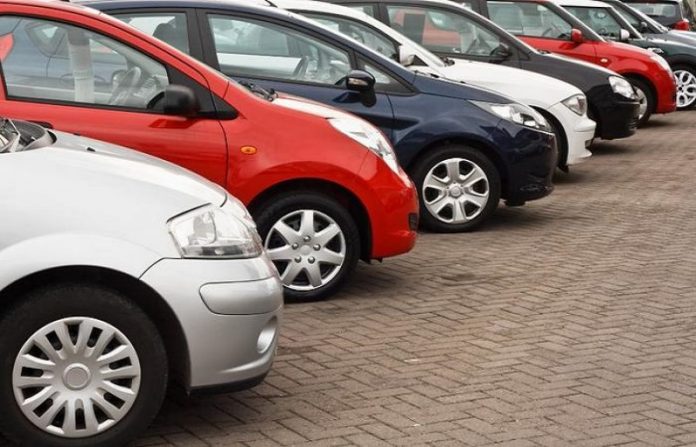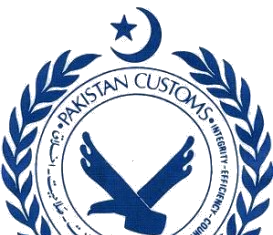Industry leaders and experts on Tuesday urged Pakistan to accelerate the adoption of electric and hybrid vehicles through consistent policy reforms, investment in charging infrastructure, and financial incentives, during a stakeholder dialogue organised by the Indus Consortium in collaboration with the Federation of Pakistan Chambers of Commerce and Industry (FPCCI).
The event, titled “Shifting Gears: Launch of Automotive Study and Stakeholder Dialogue,” also marked the release of a research study, “Green Transition – Barriers and Opportunities for the Automotive Industry in Pakistan,” which identified gaps in the country’s green mobility sector and recommended steps for decarbonisation.
Ali Asghar Jamali, CEO of Indus Motor Company (IMC), said the company has installed rooftop solar panels and introduced hybrid electric vehicles (HEVs). He noted that hybrid and plug-in hybrid vehicles (PHEVs) remain relevant, given that 62% of Pakistan’s electricity is generated from fossil fuels.
Hussain Jarwar, CEO of Indus Consortium, highlighted the role of the New Energy Vehicle (NEV) Policy in promoting adoption if financing and infrastructure challenges are addressed. Aamir Allawala, former chairman of the Pakistan Association of Automotive Parts and Accessories Manufacturers (PAAPAM), said localisation of parts is critical and warned that EV battery disposal could be a future challenge.
Muhammad Armughan of FPCCI presented the study, which examined Scope 3 emissions across IMC’s value chain and outlined pathways for decarbonisation. He recommended fiscal incentives, technology transfer, and green financing.
Banking representatives noted that vehicle financing is capped at Rs3 million, but government subsidies for two- and three-wheeler EVs, including down payment support and interest-free loans, could enhance adoption.
The study also highlighted that Pakistan has 35 public EV charging stations and 60% of electricity is fossil-fuel-based. Recommendations include establishing a national EV task force, developing a nationwide charging network, mandating a share of hybrid and electric vehicles in production, and creating a framework for battery recycling.
Other participants included representatives from Fishermen’s Cooperative Society, NED University, Climate Action Centre, and FPCCI.























